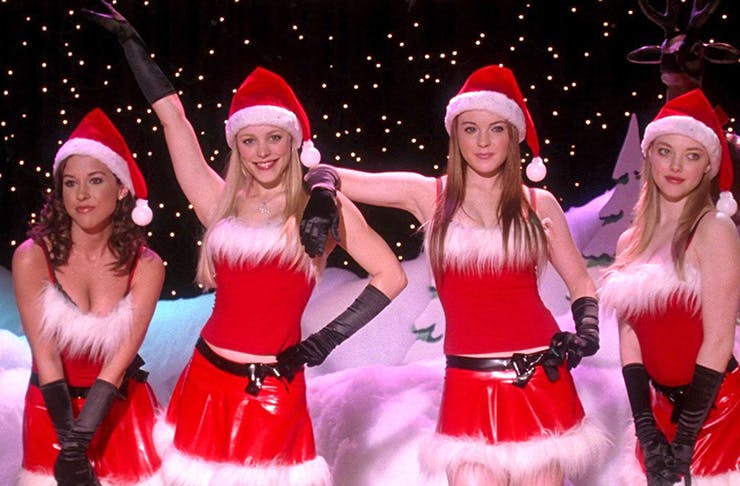By Angeliki Georgakopoulou,
If one takes a close look at the history of Christmas, from Nativity! up to today, it is transparent that society’s fundamental understanding of the tradition has changed to mirror that of Hollywood Blockbusters. Christmas classics such as Elf (Favreau, 2003), How The Grinch Stole Christmas (Howard, 2000), and The Holiday (Meyers, 2006), are just a few examples of films that have undeniably redefined Christmas, giving it a more “commercial” aftertaste.
This process of molding reality to the standards and practices of movies has unquestionable consequences for individuals and societies. In the specific example of Christmas, that equates with the undermining of high ideals and the commercialization of the tradition.
In the first case, it is merely necessary to decode the central meaning of Christmas and compare it to that of Hollywood movies. Historically, in Christianity, Christmas celebrates the birth of Jesus Christ and revolves around the fulfillment of God’s promise for the coming of a Messiah. However, the religious nature of this event, which calls for self-reflection, charity, and prayer, has been subverted and significantly undermined by the secularized ideals of consuming and shopping, which are glorified in movies.

To be more specific, across most famous Christmas classics, the plot unfolds against the background of Christmas, subconsciously creating a resonance between the ideas of spending, family obligation, and unrealistic romantic standards, and the “Christmas spirit”. According to John A. Zukowski, “Great Christmas movies hinge on moral conversions and the supernatural, but Hollywood has embraced the mundane celebration of family and friends”. This can be accurately depicted through the problematic titles of movies such as The Holiday and Holiday Inn, which push for a generic and secular modification of Christmas, deviating from the theological nature of the season. At second glance, however, these titles do not merely reflect a “worldly” outlook on Christmas, but they also fundamentally subvert the tropes of spiritual insight, revelation, and epiphany, in order to accommodate those of family hostility (The Family Stone), duplicity (The Santa Clause), and the male obsession with alluring unattainable women (Love Actually).
However, it is not only the ideas and character relationships in movies that undermine the value of Christmas but also the purpose of directors and production companies themselves that exacerbate the process of commercialization. With this, I am referring to the exploitation of widespread traditions, such as Christmas, for economic growth and profits. It is imperative to note that the amount of Christmas movies released each year averages to about 30 films, confirming the belief that Christmas movies are a reliable box-office staple. Robert Thompson, director of the Bleier Center for Television & Popular Culture at Syracuse University states that: “No matter what the state of the economy, no matter what the state of chaos or stability, there is an extraordinary appetite for simple, cheesy, unsophisticated, easy-to-watch programming. And all the better if it is wrapped up in the bunting and ribbons of Christmas”. Such an opinion is popular amongst the greatest producers in Hollywood, giving society the sense that the commercialization of Christmas and the mass production of Christmas films, which recycle the same substance, as well as lacking any original ideas and repeating Christmas clichés, is the future of seasonal filmmaking.
As a result, the question that remains for us all to ponder upon is: how “Christmassy” are Christmas movies really? And, should we maybe reconsider shifting the focus and thematic concern of Hollywood Christmas movies so that they reflect the ideals of connection and spiritual redemption rather than consumerism?
References
- Hollywood, not the Grinch, ruined Christmas movies by replacing spiritual with mundane, eu.usatoday, Available here
- How Many Christmas Movies Is Too Many Christmas Movies?, nytimes, Available here
- Commercialising Christmas has a long and complicated history, ft, Available here




